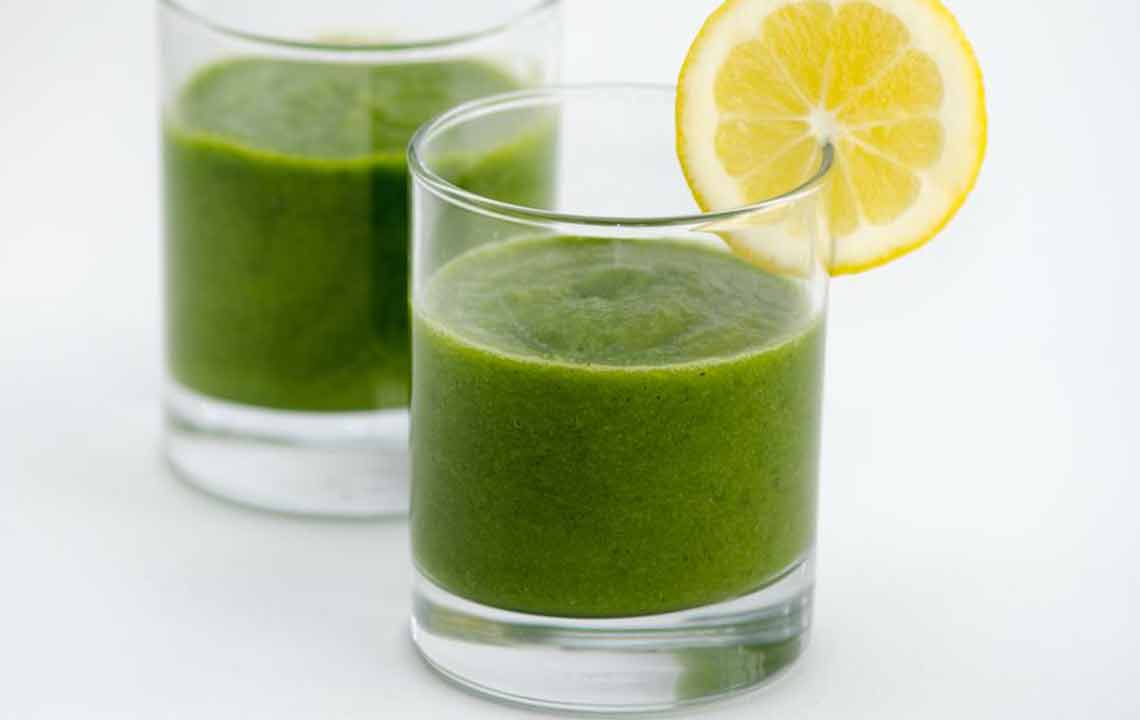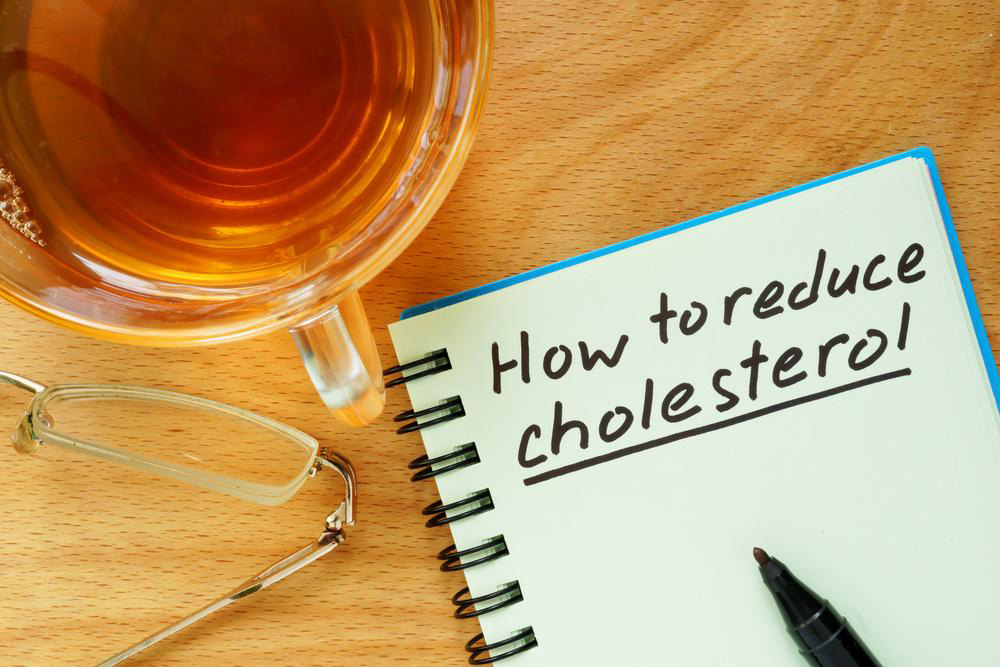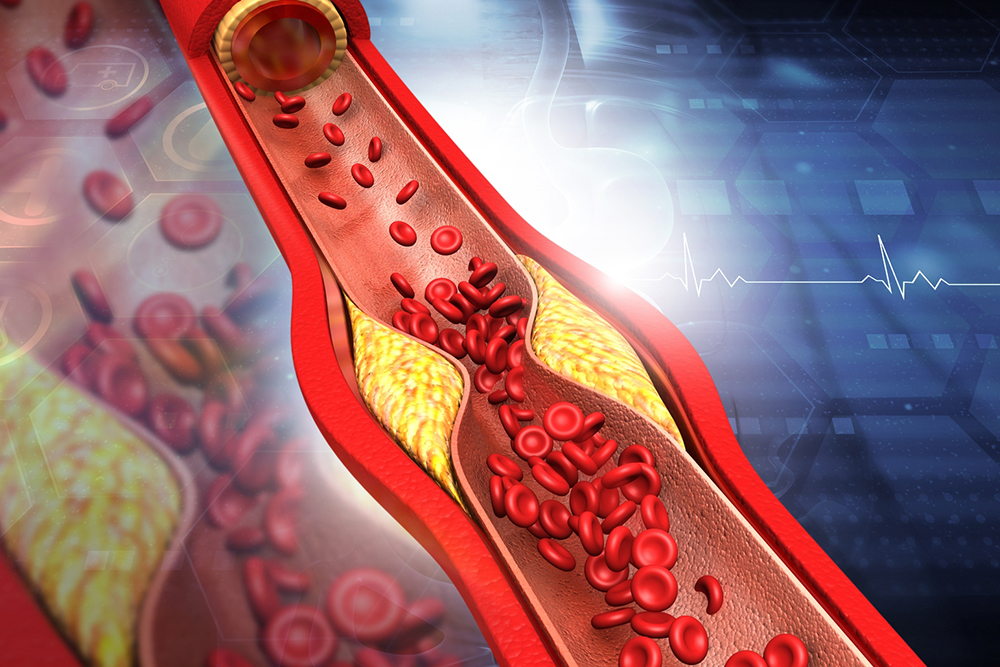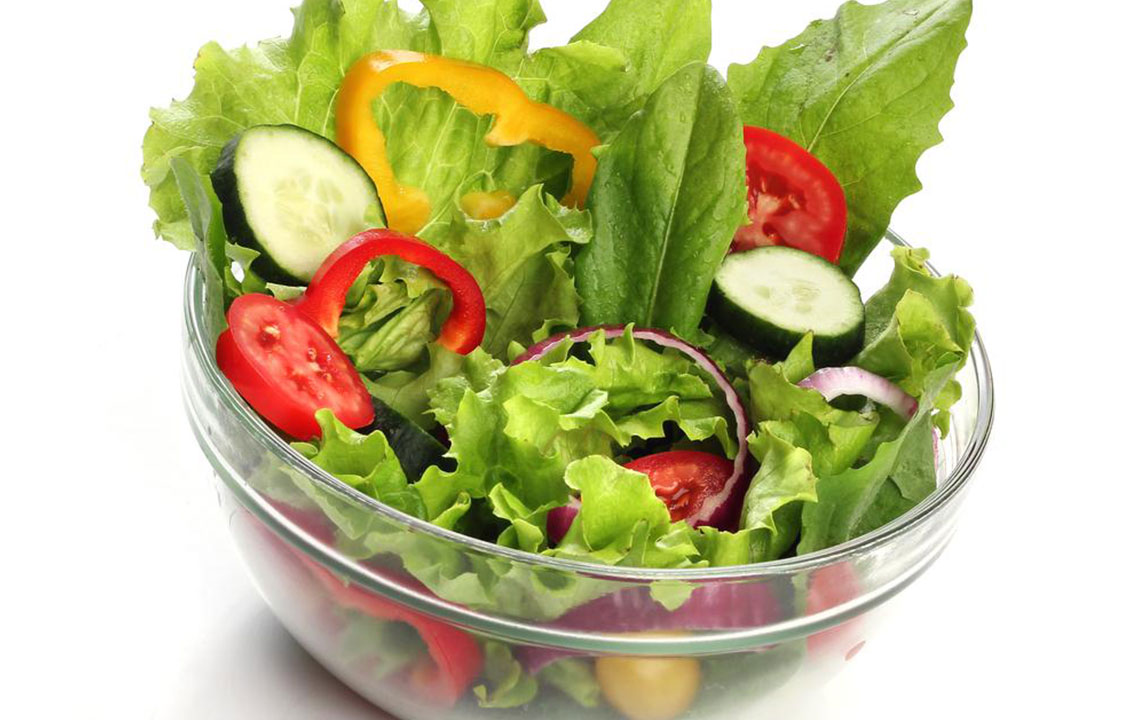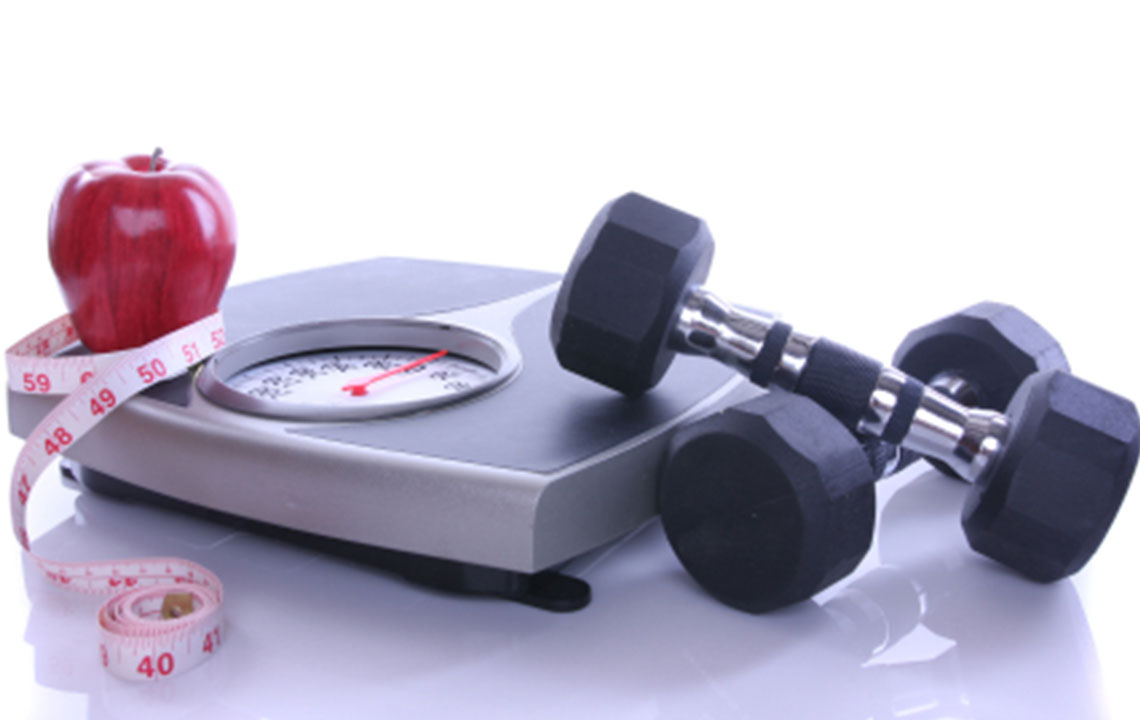Natural Strategies to Reduce Cholesterol Levels Effectively
Discover effective natural methods to lower bad cholesterol and boost good cholesterol through diet, exercise, and lifestyle changes. This comprehensive guide offers practical tips for maintaining heart health, including plant-based eating, physical activity, Omega-3 intake, and stress management. Implementing these strategies can help reduce cardiovascular risks and promote overall wellness safely and naturally.
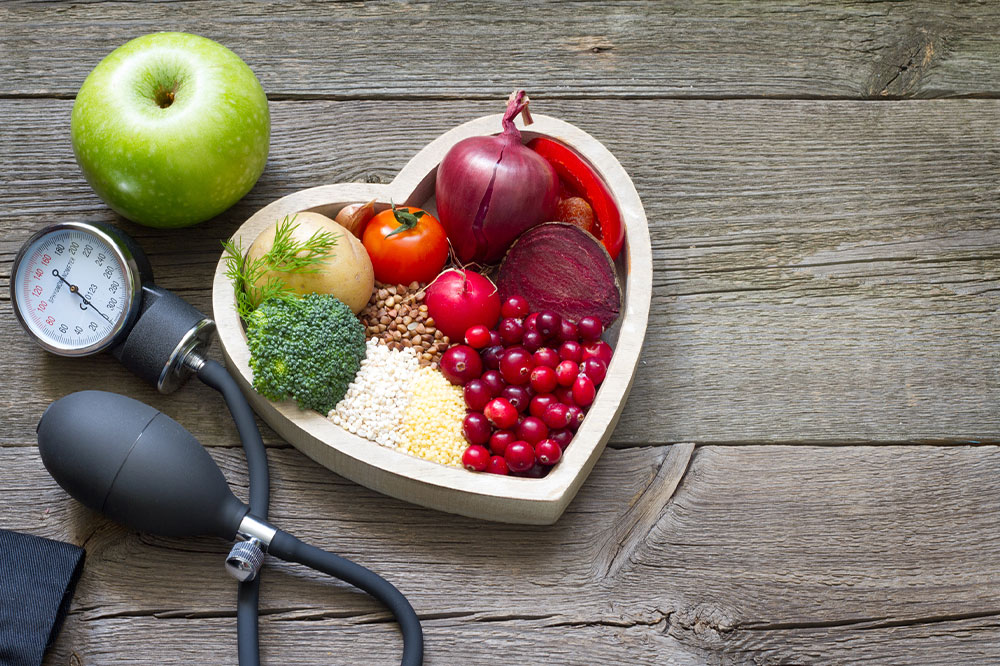
Natural Strategies to Reduce Cholesterol Levels Effectively
Cholesterol is a waxy substance produced mainly in the liver, essential for various bodily functions. It includes LDL (bad cholesterol) that can clog arteries, and HDL (good cholesterol) that helps remove LDL from the blood. Managing cholesterol through lifestyle changes can significantly lower health risks. Natural approaches include adopting a plant-based diet, engaging in regular physical activity, increasing omega-3 intake, avoiding trans fats, and boosting soluble fiber consumption. These methods promote balanced cholesterol levels and enhance overall cardiovascular health.
Adopt a plant-centered diet
Focusing on plant foods such as fruits, vegetables, nuts, seeds, and whole grains can help lower LDL levels. Key options include apples, avocados, kale, broccoli, almonds, walnuts, pumpkin seeds, flaxseeds, brown rice, and quinoa. Incorporating beans and legumes further boosts protein intake, supporting heart health.
Exercise consistently
Regular physical activity is vital for maintaining healthy cholesterol levels. Combining aerobic activities like walking, swimming, or cycling with resistance training such as push-ups or lunges provides comprehensive benefits. Experts recommend at least 150 minutes of moderate-intensity exercise weekly to optimize cholesterol profiles and overall health.
Include omega-3 fatty acids
Omega-3 fats are heart-friendly, especially effective at lowering triglycerides. Rich sources include fatty fish like salmon, mackerel, sardines, tuna, and herring. Plant-based options such as flaxseeds and walnuts are excellent alternatives. Flaxseeds also contain polyphenols that help combat cardiovascular diseases and certain cancers.
Avoid trans fats
Trans fats are detrimental to heart health, found in hydrogenated oils present in margarine, baked goods, fried foods, and processed snacks. Reading ingredient labels helps identify and eliminate these unhealthy fats, which raise LDL cholesterol and decrease HDL cholesterol.
Increase soluble fiber intake
Soluble fiber binds with cholesterol in the intestines, aiding its elimination. Foods rich in soluble fiber include oats, barley, whole-grain bread, beans, lentils, fruits like apples and pears, and vegetables such as Brussels sprouts. Introduce fiber gradually to prevent discomfort like bloating or constipation.
Limit saturated fats
Reducing saturated fat intake helps lower LDL cholesterol. Opt for lean meats like skinless poultry, seafood, and plant-based fats. Choose healthier alternatives such as turkey, shrimp, salmon, or trout instead of beef, butter, cheese, or coconut oil.
Manage stress effectively
Chronic stress can elevate harmful cholesterol levels. Stress triggers hormone release that affects heart health, increasing the risk of high blood pressure and heart attacks. Techniques like meditation, yoga, deep breathing, and tai chi can promote mental relaxation and support cholesterol management.
Cut back on added sugars
Excess sugar intake raises LDL cholesterol and triglycerides, while lowering HDL. Reducing consumption of sweets, pastries, sodas, and fruit juices helps improve lipid profiles. Use natural sweeteners like honey or unsweetened applesauce as healthier alternatives.

